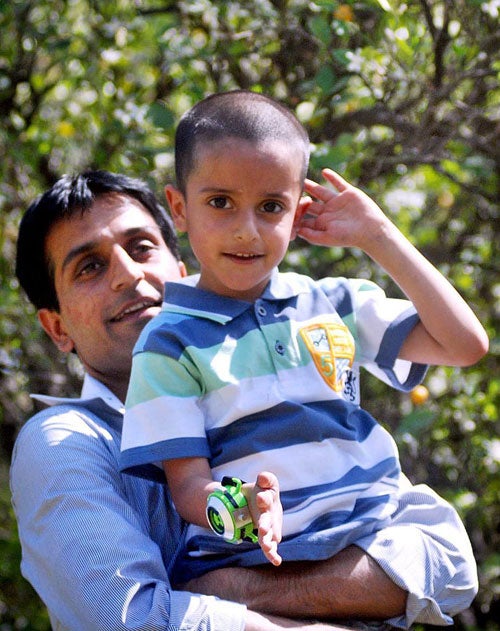Internet drives 30 per cent rise in UK kidnappings
Twitter, social networking sites, pay-as-you go mobile phones and on-line banking all aid gangs seeking ransom money or revenge

Kidnapping for ransom or to settle vendettas is a "growth area" for criminals following new developments in communications such as Twitter and social networking sites. The ease of foreign travel and the capacity for large amounts of money to change hands on-line has also helped fuel a 30 per cent rise in kidnappings since 1997.
More than 2,000 kidnappings took place in the UK in 2008/09, according to the British Crime Survey.
Experts say kidnappers increasingly send ransom demands through messages from untraceable pay-as-you-go mobile phones and false Twitter and email accounts.
A large proportion of British kidnap cases now have international links, which means police frequently work with their counterparts in the Asian subcontinent, Eastern Europe and the Caribbean.
Last month, the British boy Sahil Saeed was snatched while visiting relatives with his father in Pakistan. The five-year-old's family are said to have paid a ransom of £110,000 which was handed over to gang members in Paris in order to secure his release after 13 days in captivity. Police arrested Pakistani and Romanian nationals in France and Spain and Pakistan.
Experts say the true kidnap numbers could to be much higher as many underworld-linked crimes go unreported. And police are rarely told about scores of teenagers who "disappear" from British schools every year in order to be forced into marriage abroad, according to Mick Creedon, the Chief Constable of Derbyshire and kidnap specialist for the Association of Chief Police Officers (Acpo).
Mr Creedon said: "There is no doubt that in the past five or 10 years we do see a lot more criminal vendetta kidnappings involving gangs, or debt enforcement for drug deals – often for as little as £500. All forces are dealing with this on a regular basis. And there are many cases which occur in close-knit communities that we never hear about."
Kidnapping was rare in Britain until the 1980s. It was a crime much more associated with political and organised criminal gangs in countries such as Colombia, China and Cambodia.
But research by Lancaster University found a 600 per cent increase in the number of people convicted of kidnapping between 1980 and 2000. Professor Keith Soothill and his team analysed more than 7,500 kidnappers and found they were 30 times more likely than the general population to be convicted of murder later on, making them "a potentially dangerous set of offenders".
According to police, modern kidnappers use messages sent from false Twitter or Facebook accounts from internet cafés. Ransoms are transferred electronically and easily changed into different currencies.
Set up in 2001, the Met Kidnap Unit has 39 officers who successfully recovered 242 – or 100 per cent of victims last year. Seventy per cent of the cases involved criminal vendettas.
Hertfordshire Police are currently dealing with the case of a Watford man, Mahmood Ahmad, who disappeared in the early hours of 7 March. His amputated thumb was discovered three days later 25 miles away. Five men have been charged with kidnap and false imprisonment offences but Mr Ahmad has not been found. The motive is unclear.
Mr Creedon said: "This increase is unquestionably related to the way the world has changed. But the Met Kidnap Unit and the Serious Organised Crime Unit's specialist team are very successful at recovering victims unharmed. That's what we count as success rather than convictions."
Bookmark popover
Removed from bookmarks